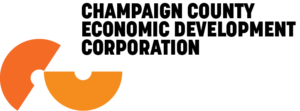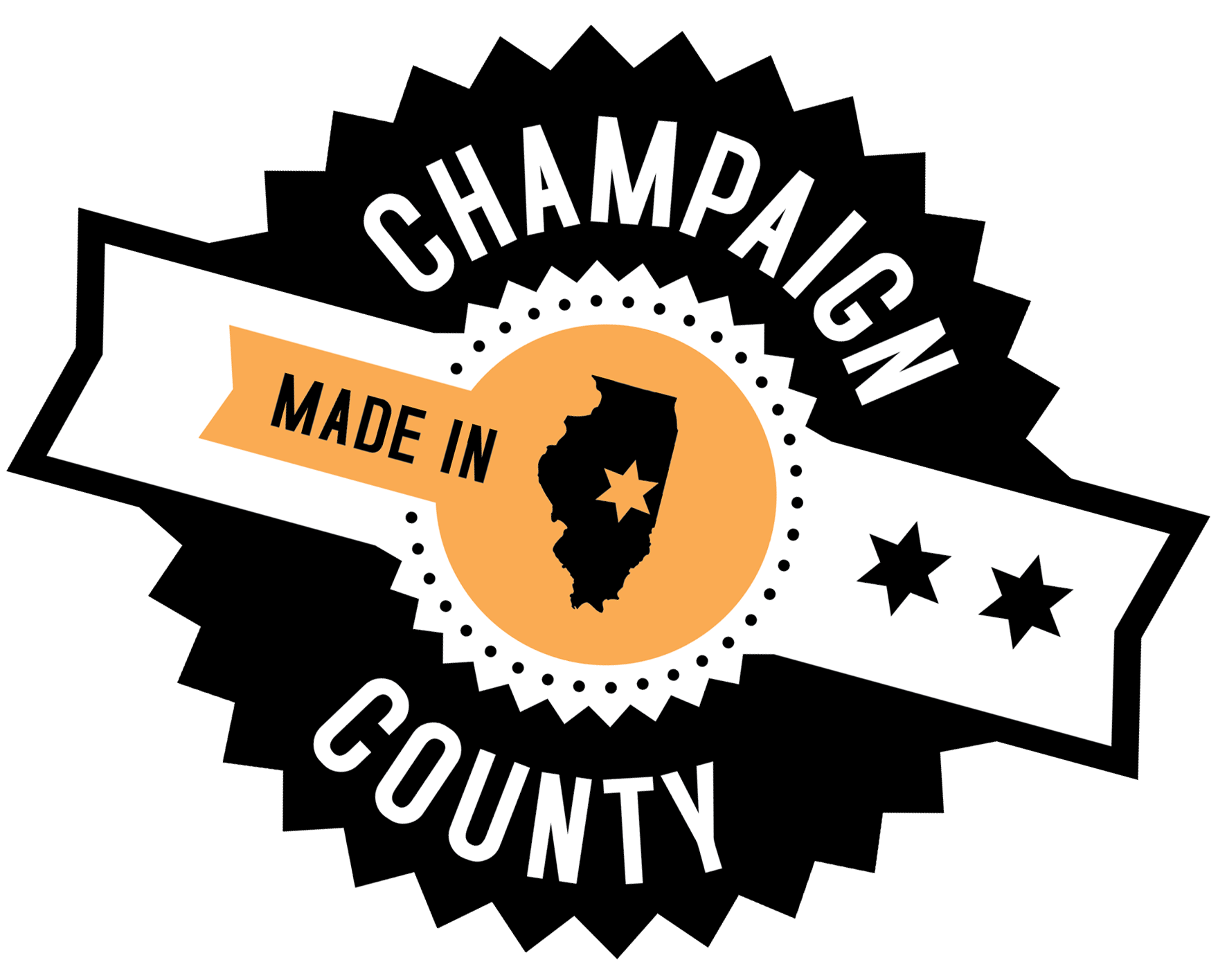Article Source: Chicago Tribune, Business Section, by Wailin Wong, April 28, 2012
Promise of stronger pipeline reverses gripe that Illinois loses too many grads to Silicon Valley
Chicago’s startup community wants to hire young people like Ravi Pilla.
As a high school student at the Illinois Math and Science Academy, Pilla and a few friends created a cloud-based music startup they later sold. Pilla, now a junior electrical engineering major at the University of Illinois at Urbana-Champaign, is working on a new company whose online platform allows students and teachers to collaborate and communicate. The startup, StudyCloud, recently won third place at U. of I.’s Cozad New Venture Competition.
“At this point, I’m pretty set on working in the startup field,” said Pilla, 21. “Everything about being an entrepreneur has been pretty appealing so far — being able to work for yourself, set your own times. The biggest thing that stands out to me is, you can be extremely passionate about what you do and no one else has to motivate you for that. The passion comes from within.”
Pilla belongs to an emerging generation of students who have caught the entrepreneurship bug, inspired by startup wunderkinds such as Facebook‘s Mark Zuckerberg and enabled by the proliferation of accessible technology that allows them to build Web applications at low cost. In response, local universities are seeking to provide these students with resources not only to pursue their startup ambitions during school, but to plug into the state’s blossoming entrepreneurial community when they enter the workforce.
For Chicago-area startups, the promise of a stronger pipeline of homegrown talent helps reverse a long-standing gripe that Illinois loses too many engineering and computer science graduates to Silicon Valley. The website for U. of I.’s department of computer science quotes Bill Gates as saying “this is the university that Microsoft hires the most computer science graduates from of any university in the entire world.”
Gates’ remarks resonated with Troy Henikoff, co-founder and chief executive of Chicago-based startup accelerator Excelerate Labs. During the past six months, he has spoken with students and officials at the Illinois Institute of Technology, the University of Illinois at Chicago and elsewhere.
“The idea that we have (more than 1,000) great engineers sitting a couple hours’ drive away who are not thinking first and foremost that they should be coming to Chicago is a problem, but it’s something a bunch of people are working on,” Henikoff said.
According to data self-reported by students to Engineering Career Services at U. of I., 62 percent of 2010-2011 graduates accepted jobs in the Midwest after graduation. Illinois captured 48 percent of job acceptances, compared with 12 percent for California.
Despite the high number of graduates who remain in the area, many of U. of I.’s most famous tech alumni launched companies out of Silicon Valley: YouTube co-founder Steve Chen, PayPal co-founder Max Levchin, venture capitalist and Netscape co-founder Marc Andreessen, and Yelp co-founder and Chief Executive Jeremy Stoppelman.
“The world needs more engineers, and being a land-grant institution, we’re encouraging Chicago to have more venture capital and companies to attract students for internships and opportunities to do research,” said Ilesanmi Adesida, U. of I.’s engineering dean. “That is what will encourage students to stay in the state.”
Entrepreneurship is on the rise in Chicago and Illinois. According to data collected by online community Built In Chicago, 128 digital technology startups launched locally in 2011, a 56 percent increase from 2010. Next month, a 50,000-square-foot space for young companies, called 1871, will open at the Merchandise Mart.
Digital startups raised $1.45 billion in funding last year, dwarfing the $273 million raised in 2010, with $972 million of the 2011 figure coming from Groupon Inc.‘s initial public offering. The number of local financing sources continues to grow with the addition of the $5.7 million FireStarter Fund, made up of contributions from more than 40 founders and CEOs, and the state’s Invest Illinois Venture Fund.
“There so many dots — if you connect all of them, you just have a black piece of paper,” said Lawrence Schook, vice president of research at U. of I., who serves on Gov. Pat Quinn’s Illinois Innovation Council. “But there’s a sense of … alignment. There has to be alignment between the role of government, business and universities. We can hand off all the pieces of a company, but we need an ecosystem.”
Schools such as U. of I. and Northwestern University are seeing increased student interest in startups. Northwestern’s Farley Center for Entrepreneurship and Innovation, which started in 2007, sees about 600 students take its classes every year, with many coming from outside the engineering school. The Farley Center’s director, Mike Marasco, said some courses attract three applications for every one student they can accept.
“Facebook changed things dramatically at the college level, because all of a sudden, here’s a multibillion-dollar company … created by this guy in a dorm room at Harvard,” said Marasco, who also noted that many students have seen their parents become “forced entrepreneurs” as a result of downsizing.
“This generation is more exposed to (entrepreneurship) at one level, that’s the family side,” he said. “The other side is, technology has made it so much easier to do this kind of thing. You can get multiterabytes of data at your fingertips through an Amazon or Google. It’s much easier to start Facebook today than when Zuckerberg did it in 2003.”
At U. of I., the Innovation Living-Learning Community opened in 2010 as a residence hall housing 125 students interested in entrepreneurship. The dormitory hosts speakers and on-site classes. Meanwhile, the university’s Cozad competition attracted about 300 students and a record 82 teams for the 2011-2012 contest, which awarded $80,000 in funding and other prizes. The previous participation record was 50 teams.
Jed Taylor, assistant director of the Technology Entrepreneur Center at U. of I.’s College of Engineering, said a record 3,500 students participated in this year’s programs, outnumbering the nearly 1,000 students who take engineering courses. The center’s offerings include a new contest called PitchFest, in which participants are judged on a two-minute presentation, and Charm School, a full-day workshop that teaches skills such as networking and proper workplace attire.
For the first time this year, the Technology Entrepreneur Center plans to take a group of undergraduate and graduate students to Chicago to tour startups. The trip is modeled after Silicon Valley Workshop, a winter program that has run for several years. The most recent California junket attracted a record 118 applicants for 25 spots.



